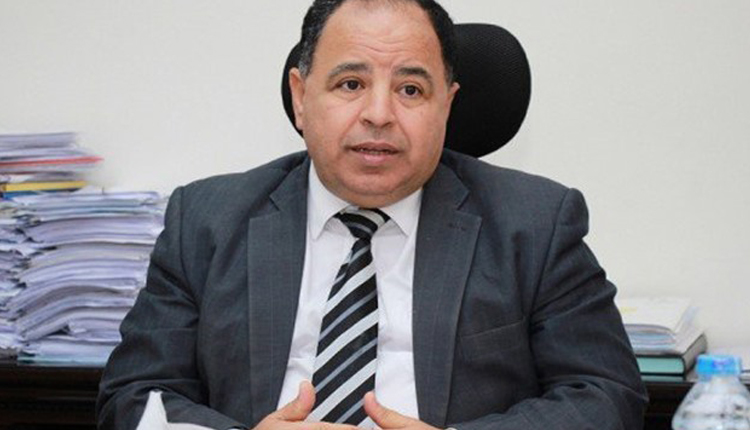Egyptian real estate tax deadline on 15 August: finance ministry
The deadline for Egyptian property owners to pay an annual real estate tax expires in ten days, after which fines will be levied, announced the finance ministry Sunday.
The ministry denied social media reports claiming that this tax is new and non-constitutional, citing the Supreme Constitutional Court ruling in 2002 that non-income generating real estate will be taxed.
”Why wasn’t this questioned 10 years ago?” Minister of Finance Mohamed Maait said on the sidelines of the African Governors Caucus, held in Sharm El-Sheikh.
The real estate tax law was issued in 2008 and renewed in 2013, the minister said, debunking rumours that this is a new tax passed in 2018 and stressing on its constitutionality.
Private houses priced below two million Egyptian pounds ($110,000) are exempted, and homes above this figure are taxed at 120 Egyptian pounds ($6) annually.
Maait also stated that it is the government’s right to levy taxes and that the deadline was drawing to a close, warning that those who don’t pay the tax face their units becoming seized or being charged a fine ranging between 1000-5000 Egyptian pounds ($50 – $280).
”We are a country of institutions and we respect our constitution,’ ‘ the minister added.
Maait also noted that there is no precedent ruling in the constitutional court about this issue and that if any judicial authority made a decision about this case that the government will respect it, citing a previous controversy regarding pension laws that was overturned.
According to the website www.rta.gov.eg, property owners, but not tenants, must pay the tax on any non-empty land. The tax amounts to 10 percent of the annual rental value of the property, after deducting 30 percent in expenses for personal housing and 32 percent for non-personal housing.
Websites and call centres are under construction to ease citizens enquiries about their amount of tax, said Samia Hussein, the head of the Real Estate Tax Authority.
The upcoming tax period will witness additional tax protocols in a variety of other sectors and ministries, including the petroleum and tourism industries.
The minister added that the government aims to use the real estate tax revenue in improving local developments, fixing the sewage system, and expanding affordable housing.
Source: Ahram Online


